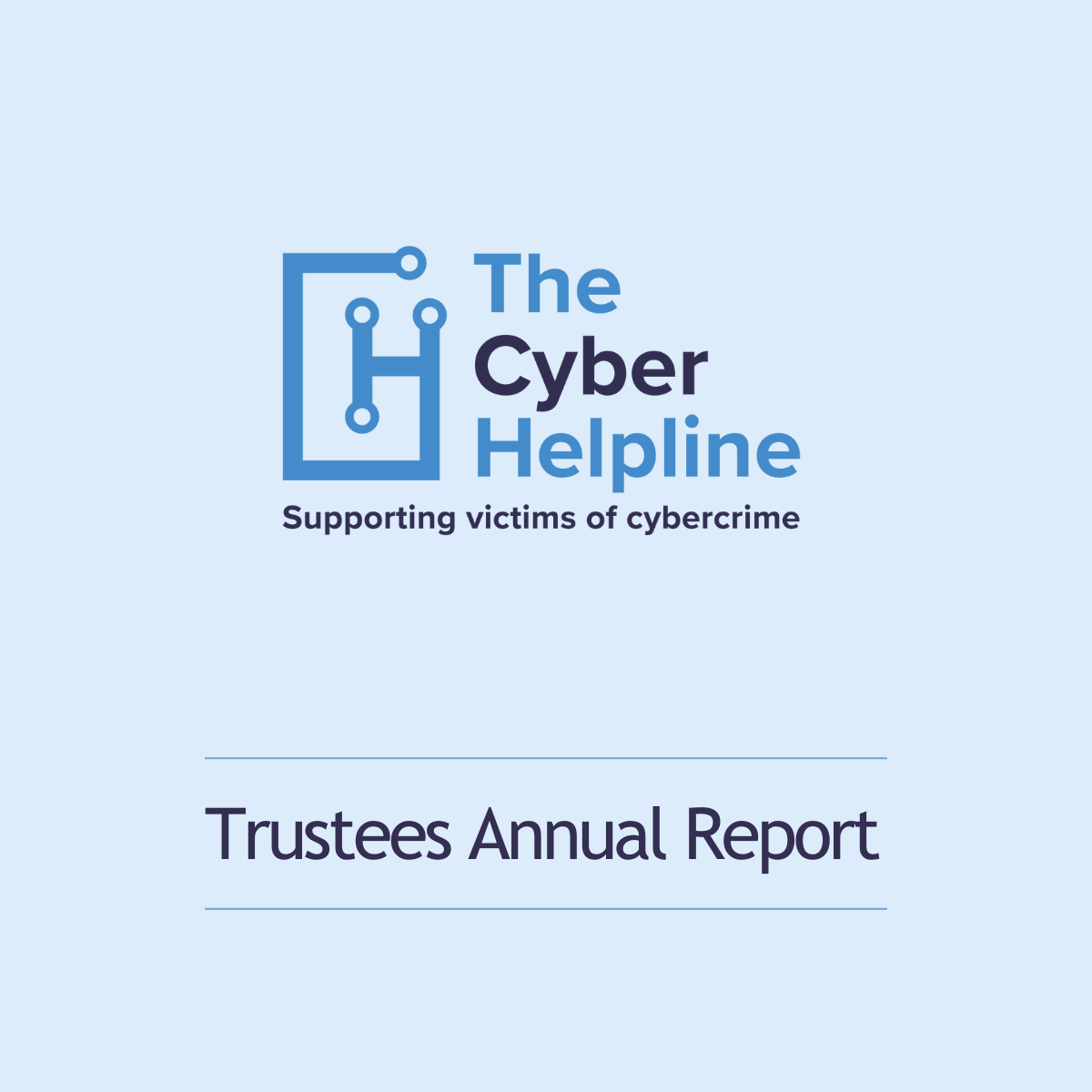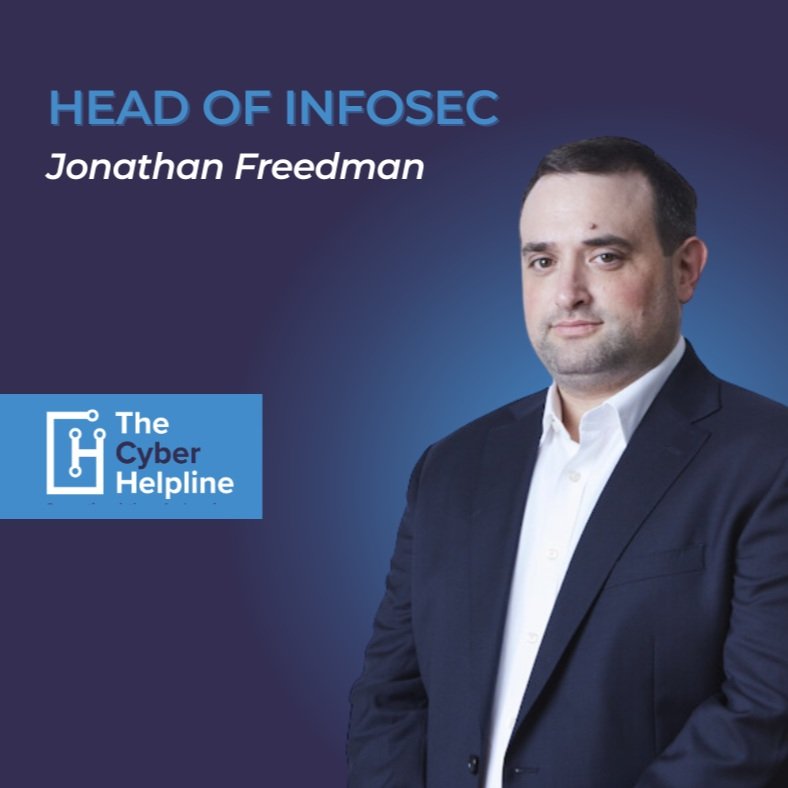Cyberstalking and harassment can take many different forms, whether you’re receiving distressing messages, being bullied, having personal information released online, or you suspect you’re being monitored. This guide will help you understand what laws and regulations apply in the UK, how to report cyberstalking and harassment, what evidence you should collect and store, and how to engage with the police and other supporting organisations.
Read MoreOne sunny Wednesday morning late last year, cybersecurity consulting firm SecurIT360 rallied together US sponsors and supporters to help raise vital funds for The Cyber Helpline. Business and technology leaders came together to tee off in a high-stakes golf tournament spanning 18 holes at Highland Park in Birmingham, Alabama.
Read MoreCybercrime affects over 5 million individuals in the UK every year, with a majority living in London. This densely populated area is unsurprisingly a hotspot for cybercriminal activity.
Read MoreAnya Bridges, a 20-year-old cyber professional, is stepping into the boxing ring for the first time to raise funds for The Cyber Helpline. Inspired by her career in cybersecurity, Anya’s journey combines personal growth with a mission to support victims of cybercrime. Through months of training, she’s embraced resilience and courage, turning a fitness challenge into a powerful fight for a safer digital world this holiday season.
Read MoreNew Home Office measures aim to protect stalking victims by revealing stalkers’ identities and strengthening protection orders. Learn how these changes address the impact of stalking and advocate for improved support.
Read MoreThe Cyber Helpline's Funnel of Justice report reveals that victims of cybercrime in England and Wales are seven times less likely to see offenders charged compared to victims of offline crimes. With over 5 million people affected annually but only 36% reporting incidents, our latest report highlights alarming disparities in justice, limited resources, and the profound impact on victims. This in-depth analysis exposes critical gaps in the justice system, offering key recommendations to enhance reporting, resources, and victim support to address the growing threat of cybercrime.
Read MoreRecent changes to X's blocking function, which allow blocked users to view public posts without interacting, have raised privacy and safety concerns, particularly regarding stalking. To safeguard your privacy, it's recommended to switch your posts to protected mode, review and remove untrusted followers, and be cautious with historical content. Additionally, users should disable precise location sharing and avoid tagging locations in posts to protect their whereabouts. For those experiencing stalking or unwanted interactions, documenting behaviour and seeking support from organisations like The Cyber Helpline is advised.
Read MoreRelationships can turn trust into a digital threat, with partners or ex-partners potentially misusing shared access to accounts, devices, and sensitive data. Get essential steps to secure your digital privacy, like updating passwords, enabling two-factor authentication, and revoking access. Protecting yourself now can prevent emotional harm, financial loss, and privacy violations down the line.
Read MoreUncover the truth behind common cyberstalking myths in this essential guide. From misconceptions about blocking stalkers to false beliefs about digital safety, we debunk the top 8 myths that could be putting you at risk. Learn practical tips and expert insights from our recent webinar hosted by The Cyber Helpline and Paladin to help you stay secure online.
Read MoreThis Cybersecurity Awareness Month, Nikki Webb, along with other volunteers from The Cyber Helpline, led charity walks through London and the UK to raise awareness and funds for our cause. In her reflection on the event, she emphasises the incredible unity within the cybersecurity community, as participants from all backgrounds came together to support our mission of helping individuals affected by online threats.
Read MoreThe Cyber Helpline is pleased to announce the appointment of Jonathan Freedman as the new Head of Information Security. With over 20 years of experience in Information Technology and Cybersecurity, he has been an integral part of the Advice team and now focuses on enhancing the charity's digital security infrastructure.
Read More



















